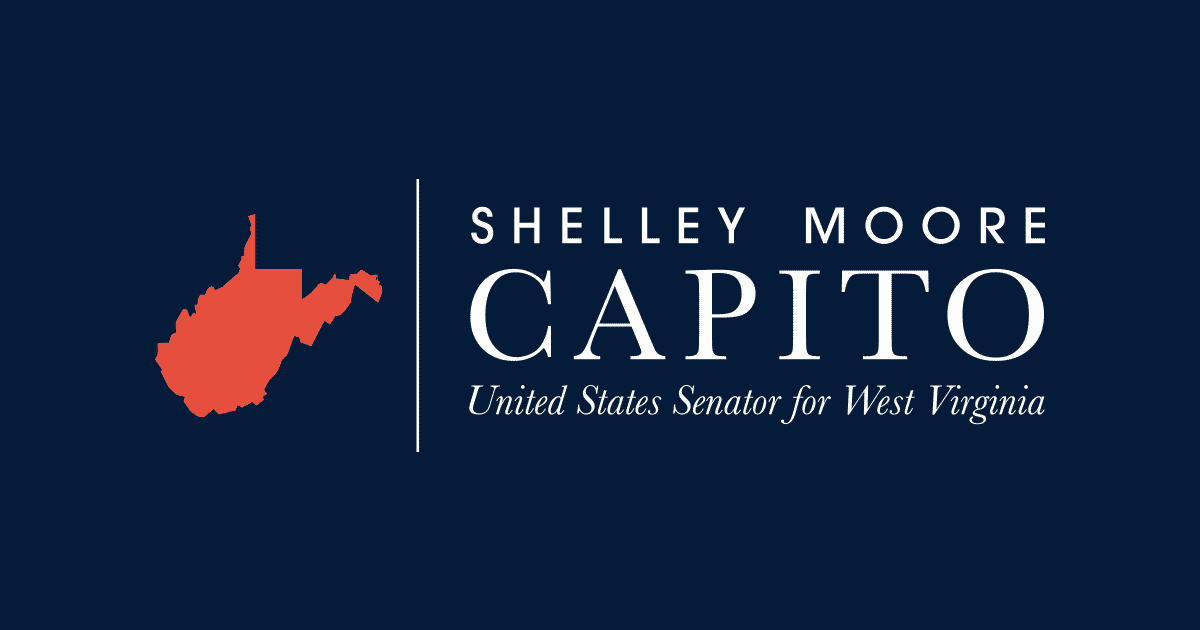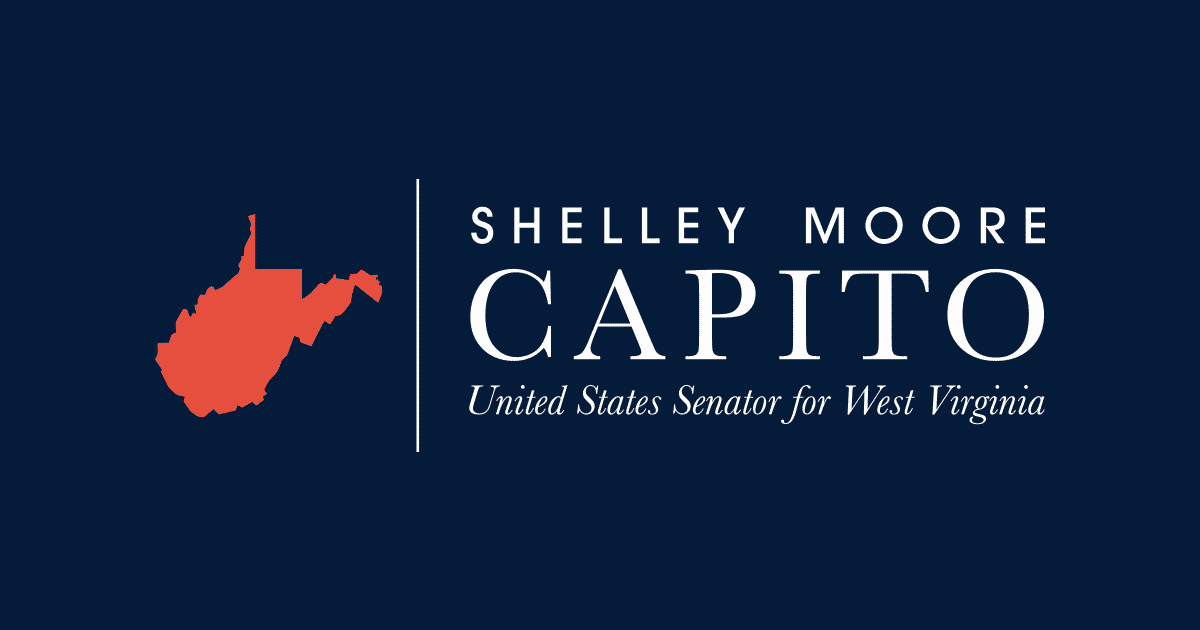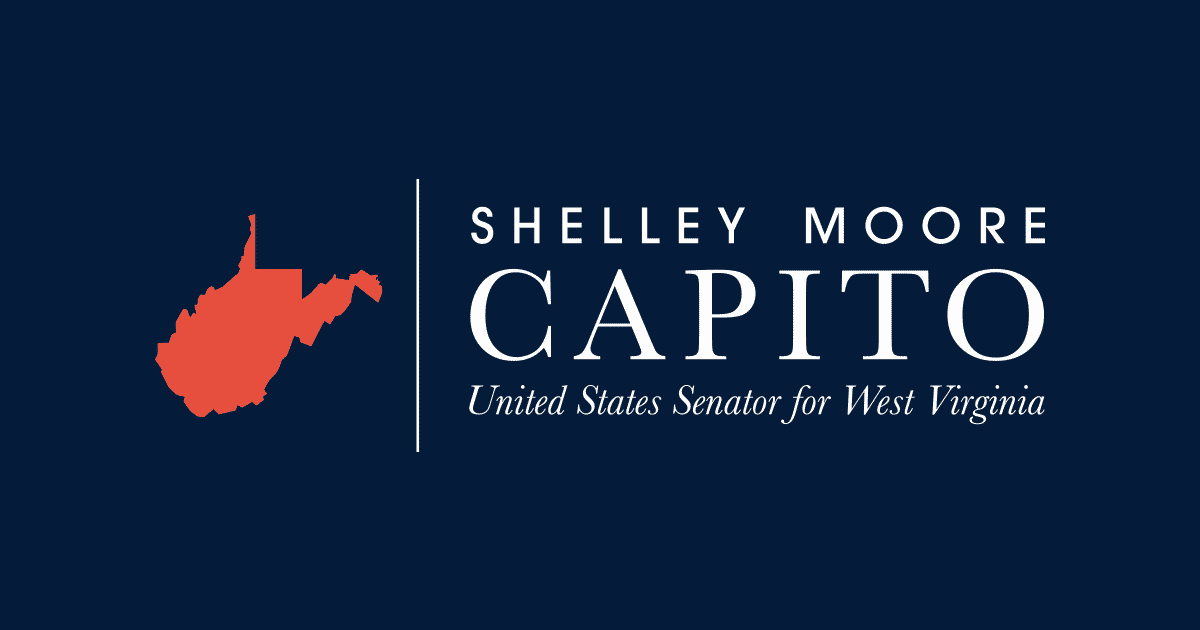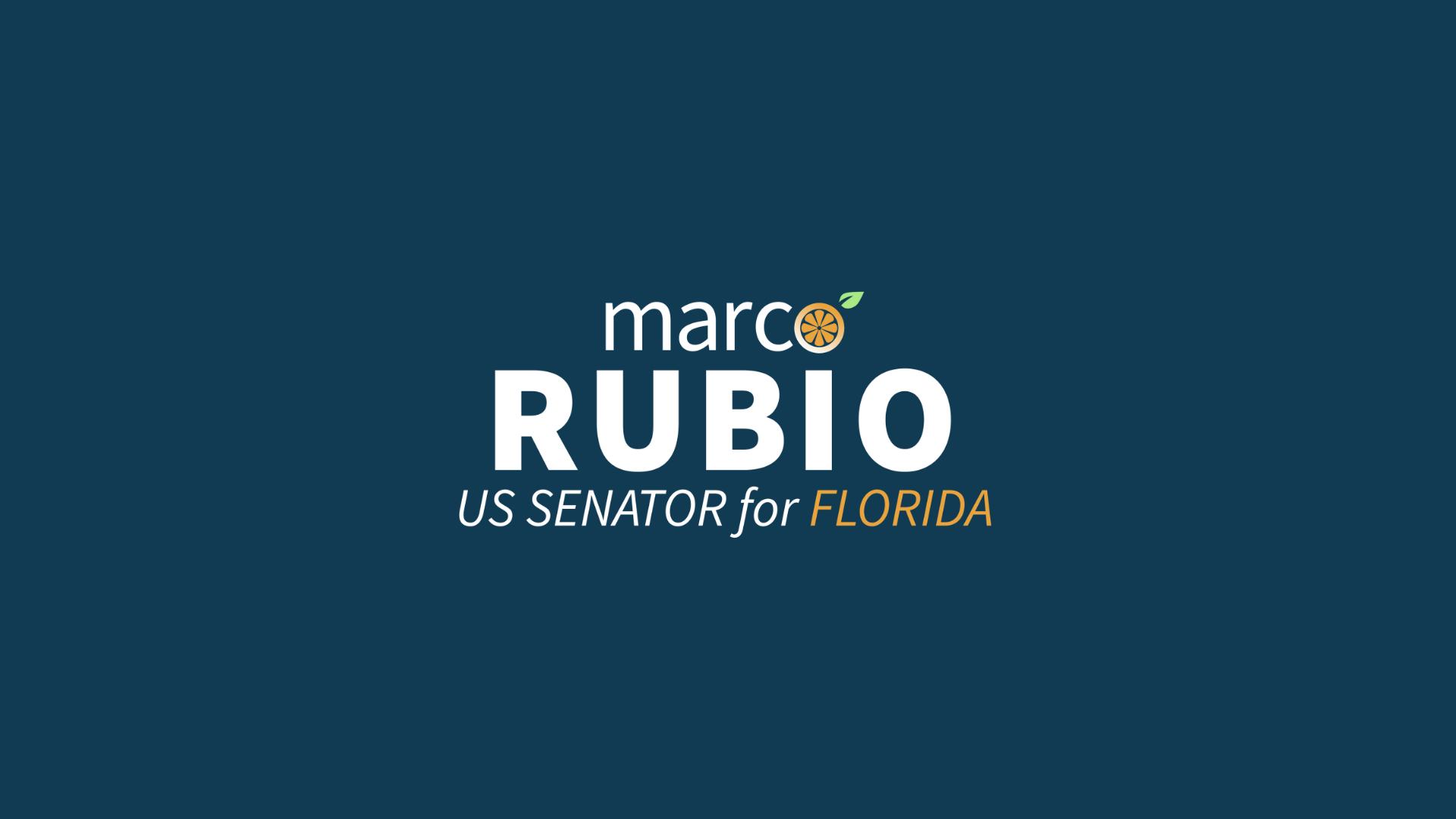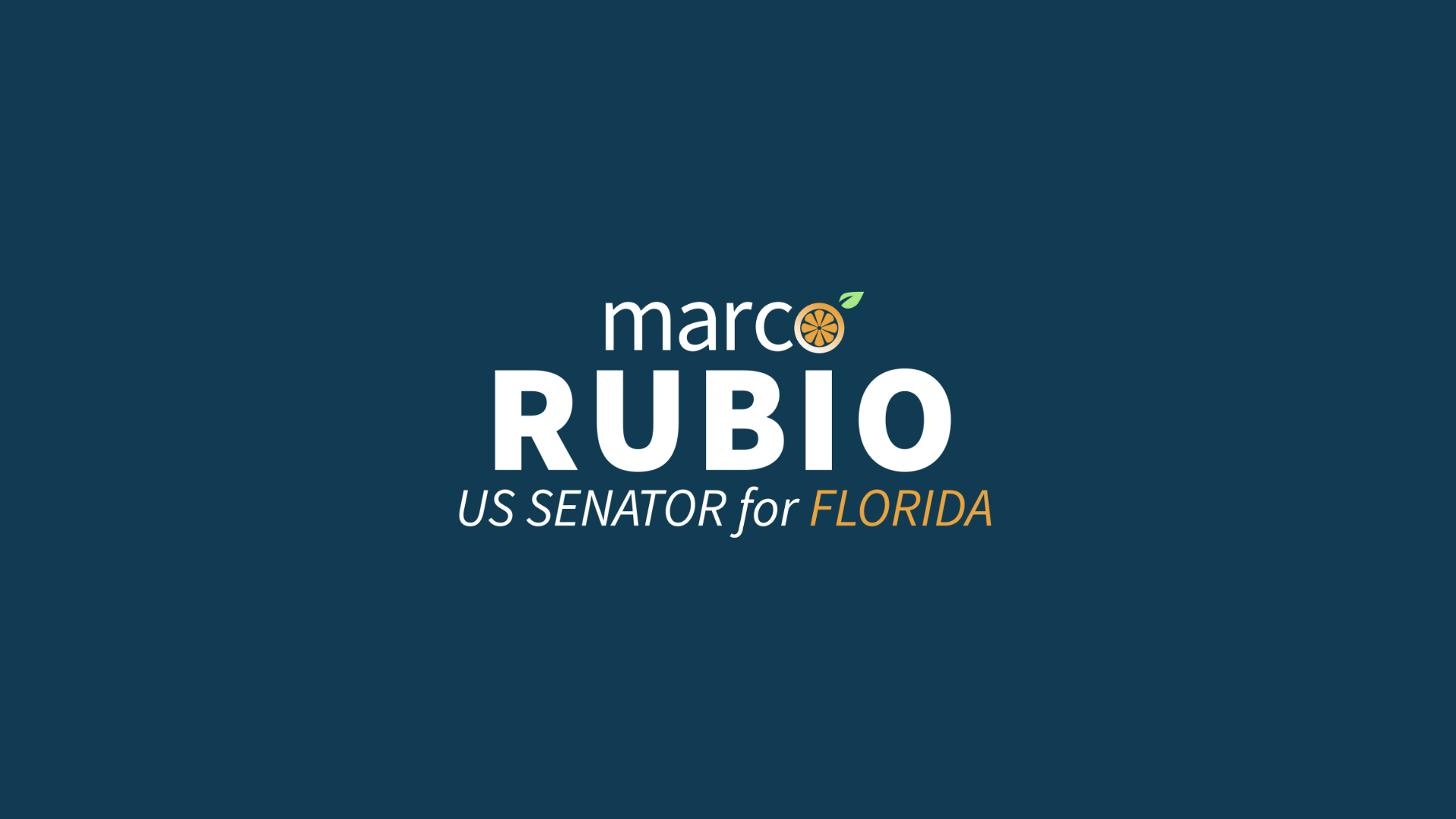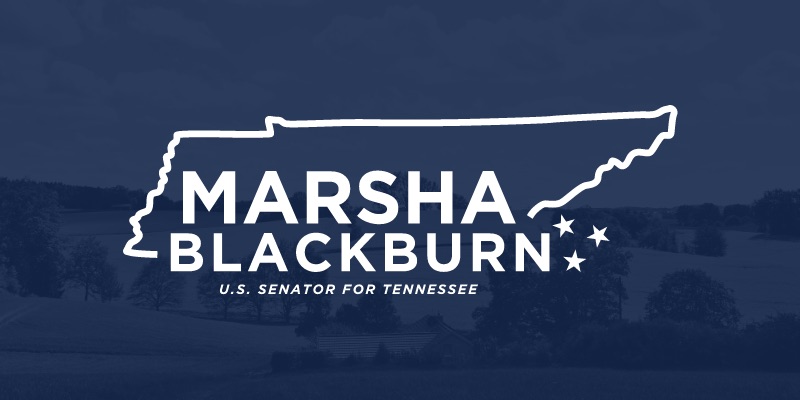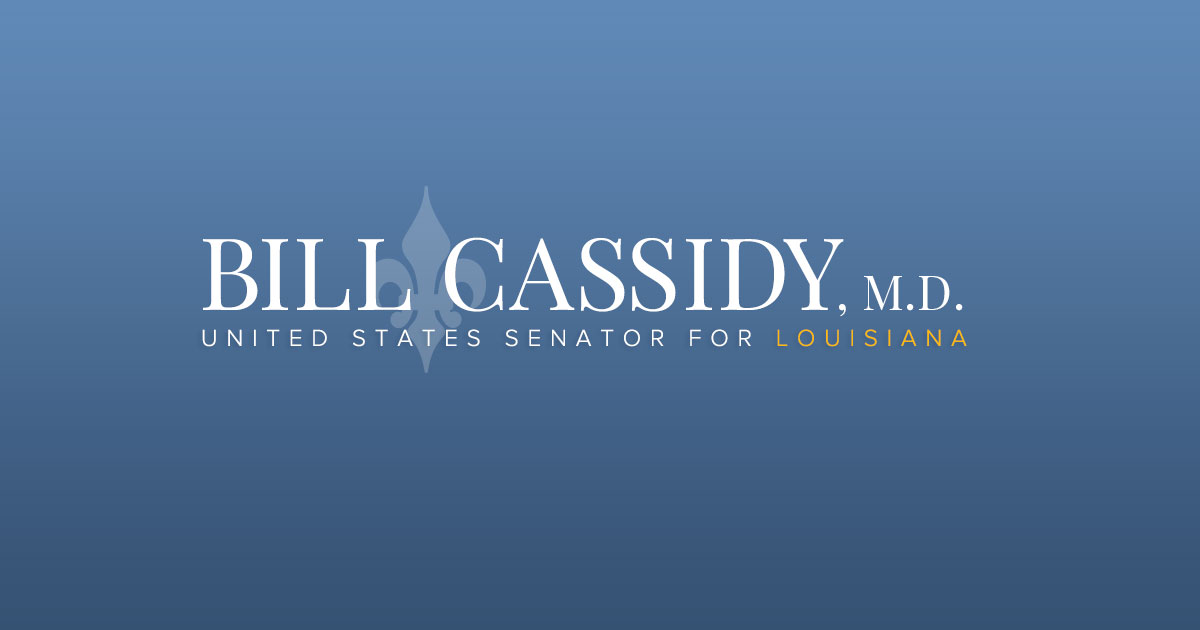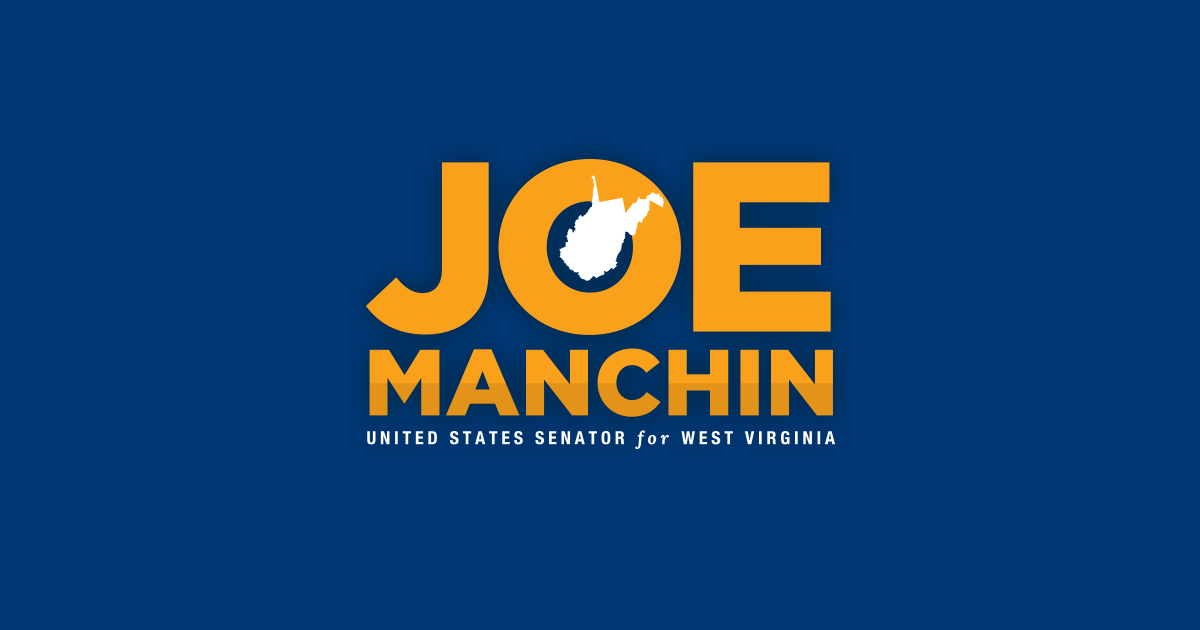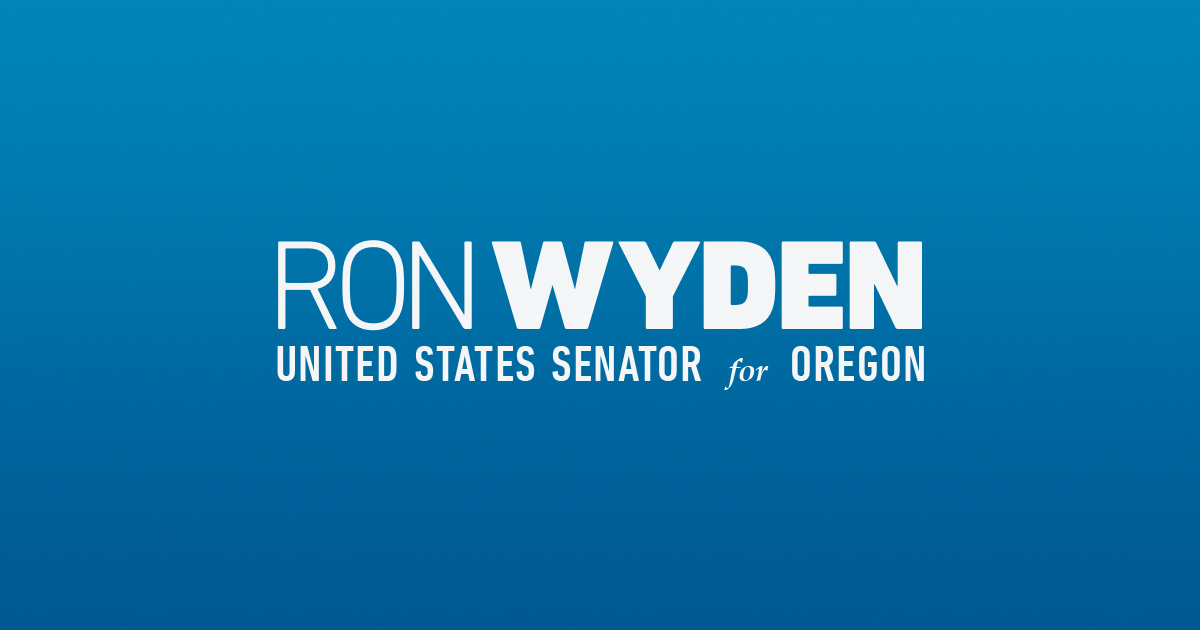Source: United States Senator for West Virginia Shelley Moore Capito
WASHINGTON, D.C. – Today, the U.S. Senate Environment and Public Works (EPW) Committee held a business meeting to consider multiple nominations, including Shailen Bhatt to serve as administrator of the Federal Highway Administration (FHWA).
Before voting in favor of his nomination, Ranking Member Shelley Moore Capito (R-W.Va.) noted the importance of prioritizing highway funding flexibility for states and implementing the Infrastructure Investment and Jobs Act (IIJA) as written, which she previously did at a hearing with Bhatt in September.
Below is a portion of Ranking Member Shelley Moore Capito’s (R-W.Va.) opening statement made at today’s business meeting.
“I am supporting the nomination of Shailen Bhatt to serve as the administrator of the FHWA.
“The committee worked hard to develop bipartisan surface transportation legislation that serves as the foundation of the IIJA that was signed into law last year.
“President Biden waited a long time, too long, that’s another repeating story you’ve heard me say in committee meetings, to nominate a leader for this agency, especially when the authorities and funding responsibilities [were] provided to the FHWA as part of the IIJA.
“This agency needs a Senate-confirmed leader.
“I have expressed my dissatisfaction and opposition to a number of the decisions that the FHWA has taken without a Senate-confirmed leader.
“And because of that, I asked Mr. Bhatt some pointed questions about how he planned to implement the IIJA.
“The FHWA must faithfully execute the laws and preserve those flexibilities provided in the law for states to use funding to best meet the needs of their citizens.
“For some states like West Virginia or Wyoming that may mean new capacity on our roads. For other states it may mean a focus on electric vehicle infrastructure.
“Mr. Bhatt told me that he would commit to implementing IIJA as we enacted it.
“When it comes to the states’ ability to move funds between formula programs, he committed to ‘follow the law’ again and ‘to upholding the states’ ability to transfer apportioned funding consistent with” Section 126 of Title 23.
“He knows this well, being, as the chairman said, a state administrator himself.
“He also committed to implementing all the highway-related project delivery and streamlining [provisions] in the IIJA, including the One Federal Decision policy, ‘as expeditiously as possible.’
“I am supporting Mr. Bhatt’s nomination today because of those commitments, and his record of getting things done and projects that he has built as a past leader for multiple state departments of transportation.”
# # #
